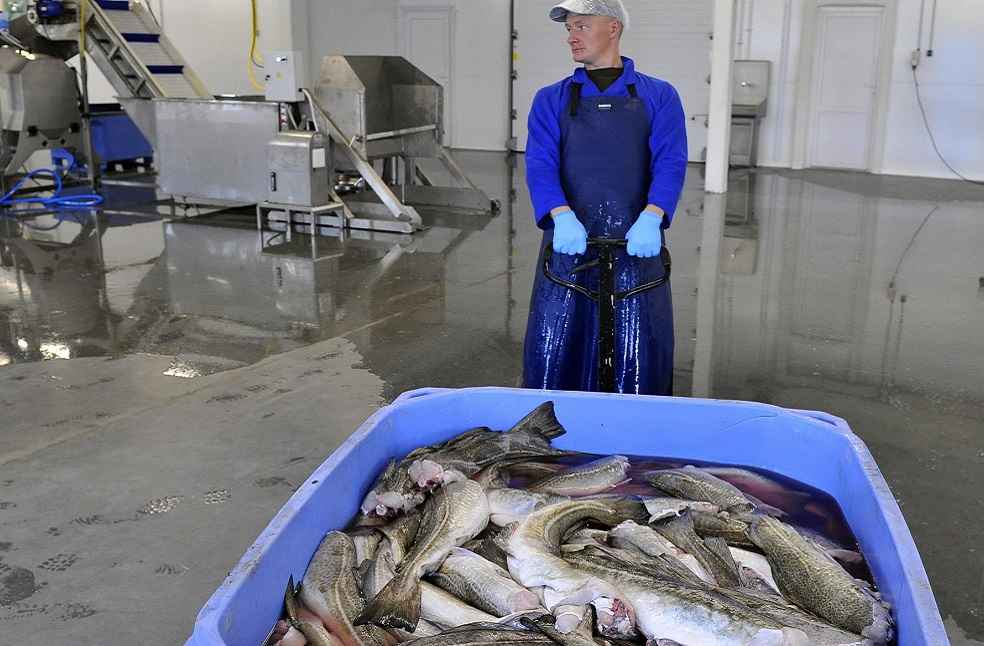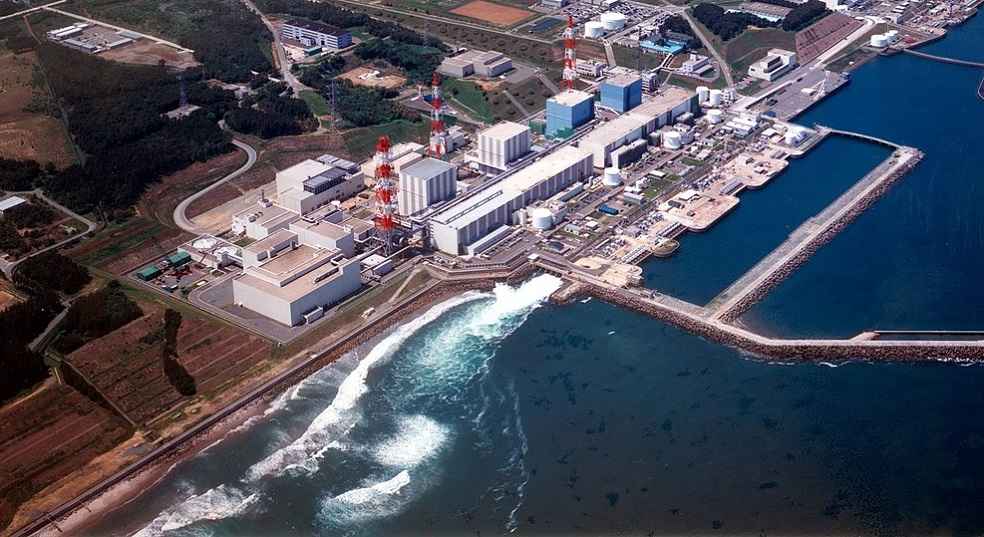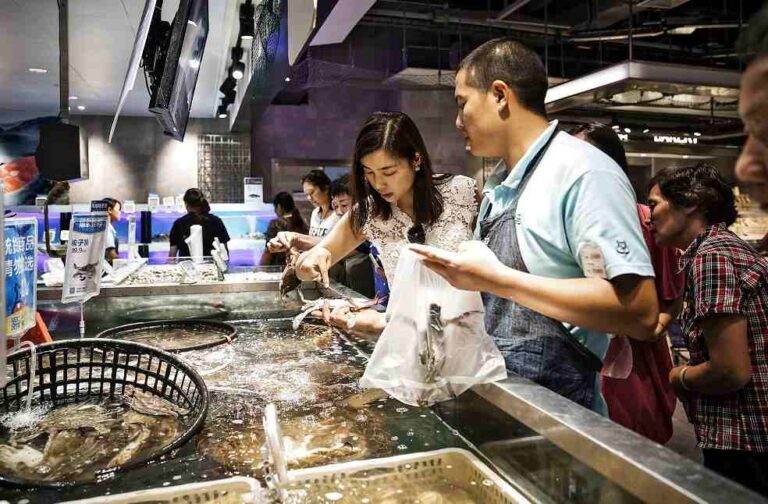Japan’s seafood industry is grappling with a sharp 16.9% drop in exports, a consequence of international backlash over the release of treated water from the Fukushima Daiichi nuclear plant. A year after the water discharge began, the impact on global trade has been profound, reshaping Japan’s maritime economy.
China, a major consumer of Japanese marine products, reacted decisively, halting all imports. Hong Kong followed suit, banning imports from 10 Japanese prefectures, including Fukushima and Miyagi—regions directly associated with the nuclear plant. These restrictions sent shockwaves through Japan’s export market, which saw total seafood exports from September last year to June this year fall to around 288 billion yen, or nearly 2 billion dollars.

The scallop industry, in particular, has been hard hit. Exports to China, once a thriving market, plummeted to zero in the first half of this year, down from 146 million dollars a year earlier.
Facing this challenge, Japanese exporters have strategically sought alternative markets. Scallop exports to other countries rose by 42% during the same period, demonstrating the industry’s adaptability under pressure.

This downturn underscores the intricate connections between environmental actions and global trade dynamics. Japan’s seafood sector, traditionally a vital part of its economy, now faces the task of rebuilding its global market presence amidst ongoing international scrutiny.
IMEX SECTOR | Thailand’s Durian Leads China Market, Secures 75% of Fruit Imports in Q2 2024



